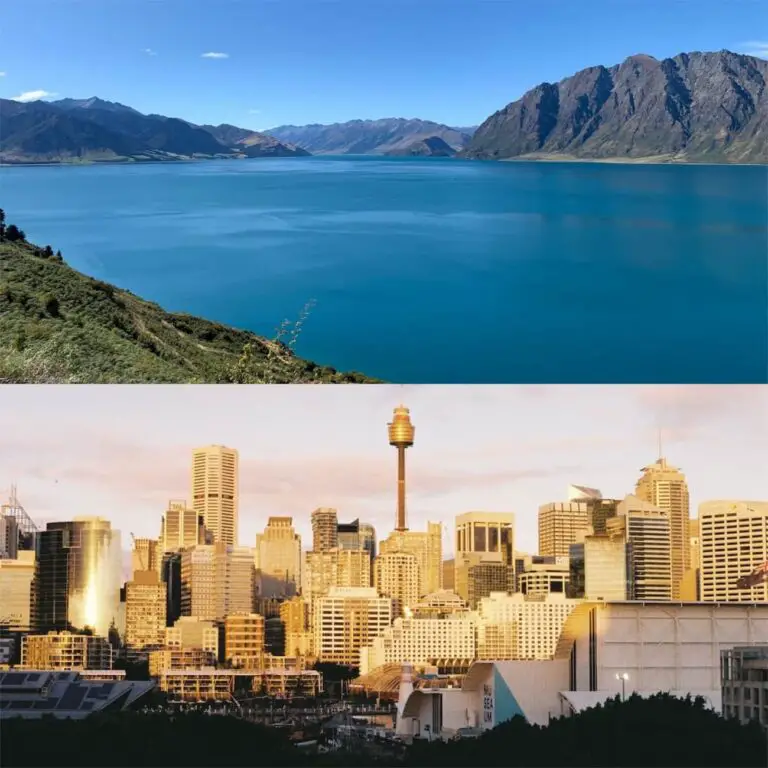Moving To New Zealand as a US Citizen: How To Guide [2024]
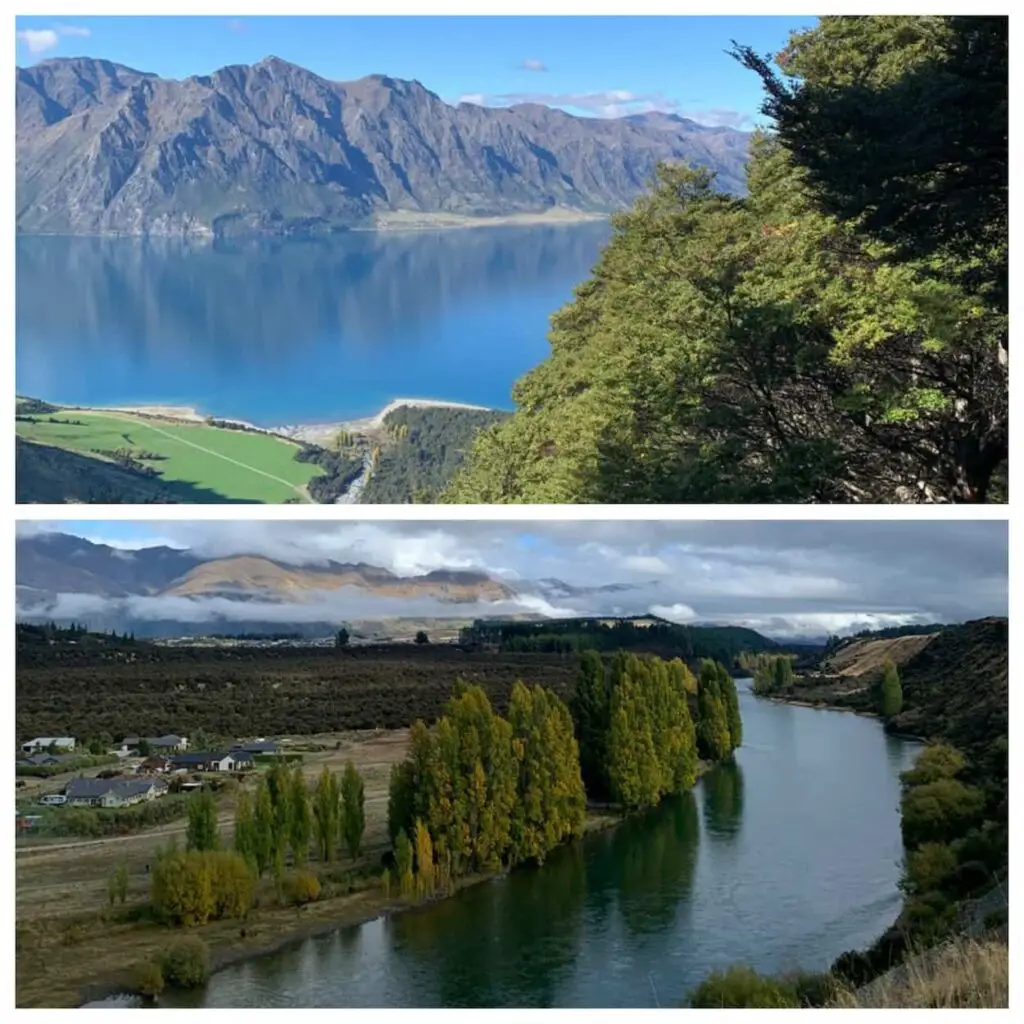
Have you considered moving from the United States to New Zealand and starting a new life? Many people feel the same way as you. Thousands of Americans relocate to New Zealand yearly, and many more would like to do this if they had the chance.
US Citizens can move to New Zealand. New Zealand welcomed about 4,000 to 5,000 US citizens between 2013 and 2019. A total of 27,678 US immigrants were living there as of the 2018 census, making USA NZ’s 7th most common nationality of foreign nationals.
In this article, you will learn everything about moving to New Zealand as a US citizen. So if you are interested in making your dream a reality, read it ‘till the last period!
Also, check out this article about moving to New Zealand without a job.
Can you move to New Zealand as an American?
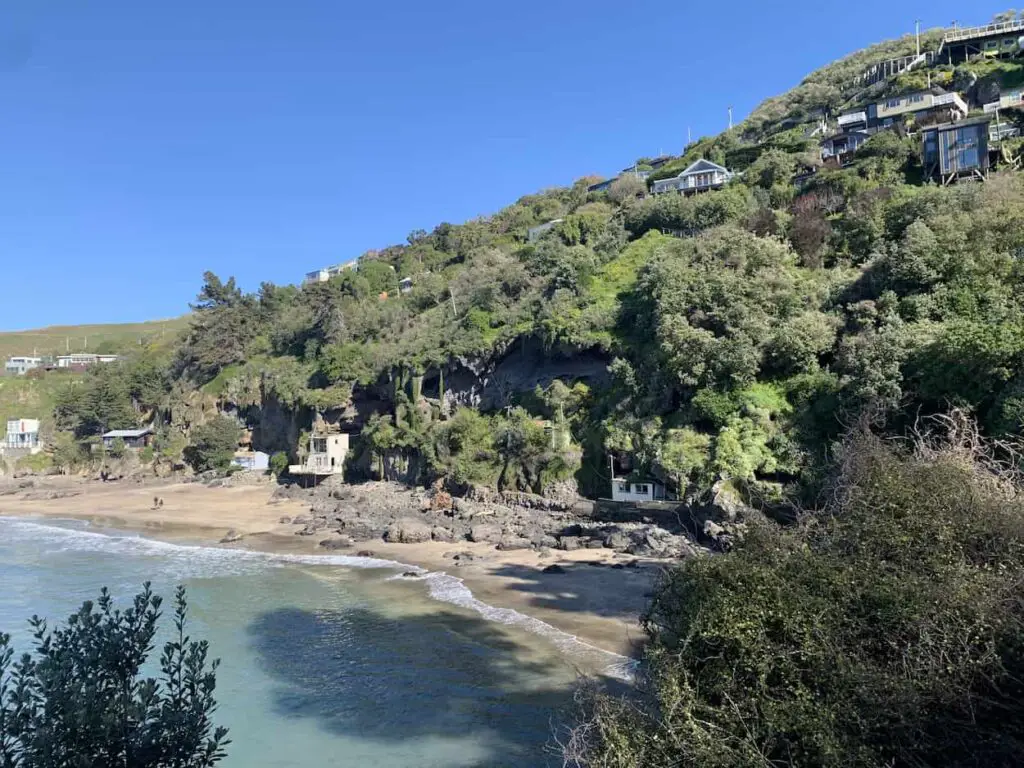
That’s correct; you can move to New Zealand as an American. Many visa options are available for temporary, part-time, and full-time employment. Additionally, if you have been working in the country for some time and wish to settle permanently, you can apply for a residence visa.
Also read: Cost of living in New Zealand vs in the US.
Here are the different visa routes that you can take if you want to move from the United States to New Zealand:
1. Student visa
Students who wish to study in New Zealand for more than three months must apply for a New Zealand Student visa. This visa type allows applicants to study in New Zealand full-time for a specified timeframe.
To obtain a student visa, you must meet certain requirements, such as (but not limited to):
- Program name you are permitted to study
- Educational provider’s name
- Location of the provider in New Zealand, and
- Holding adequate insurance
Qualifications:
To apply for a student visa, you’ll usually need to provide the following documents (which should be translated into English):
- An education provider’s offer of a place
- Proof that your tuition fees have been paid
- Passport identity page copies
- Provide proof that you have sufficient funds to cover your living expenses (20,000 NZD per year or 17,000 NZD for school years 1-13) and where the funds came from
- The ticket for your flight home, or the proof that you have enough money to buy one
- Fees associated with your visa application
- Medical records, chest X-rays, or police reports
Book your flights via Skyscanner to save some money.
Costs:
As part of the student visa application process, students must pay a visa fee of approximately 330 NZD plus 35 NZD.
The handling charges will depend on the Visa Centre, so applicants are advised to check the official website before submitting their application.
Requirements:
When applying for their New Zealand Student visa, candidates must provide the following documents:
- You must have a passport valid for at least three months beyond the period of your stay in New Zealand
- A completed student visa application
- Receipt for payment of application fee
- Confirmation letter from your current institution that you are enrolled in a study abroad program
- The receipt for your health insurance
- You may be required to show a Health and Character certificate to prove your intention to stay in New Zealand.
- Two passport-sized photographs
Please note that additional documentation may be required. The interviewer may request other documents during the personal interview. You may need to provide proof of your academic or financial status with these documents.
- A transcript, diploma, or degree from the school you attended
- Your TOEFL or GRE test score, as well as your GMAT score, if your college requires them
- Describe how you plan to pay for all education, living, and travel expenses
If you are considering moving to New Zealand with your US job, read this article.
2. Work visa
There is a need for foreign workers in New Zealand. The country’s growing economy requires filling 40,000 job vacancies each year.
New Zealand Now estimates that new jobs are created mostly in accommodation, food services, business services, construction, and retail trade. Further, staffing challenges are prevalent in construction, engineering, finance, business, science, ICT, hospitality & tourism, health, and social sciences.
Regarding skilled labor shortages, Auckland and Canterbury are the most affected. When hiring you in New Zealand, your employer must prove they can’t find a local employee. Here are some websites where you can find employers in New Zealand: Working in New Zealand, Work Here, and New Kiwis.
There are over 80 visas that permit you to work in New Zealand. Make sure you know which visa you are eligible for before applying. One of these visas that can lead you to residency in New Zealand is the Skilled Migrant Pathway.
Under the Skilled Migrant Category, you can live, work, and study in New Zealand indefinitely with your partner and children under 24 years old. Multiple factors are considered to be indicators of employability and settlement in this visa policy.
To become a New Zealand resident, applicants submit an Expression of Interest online.
A job offer is usually required to proceed to the next step of the visa application process, the actual Resident visa Application. If you become a permanent resident of New Zealand, you will be free to move between jobs at any time.
Qualifications:
- Identity: Documents proving your identity are required
- Character: A good character is essential
- Health: You must be in good health
- Age: To apply for residency, you must be under 55 years old
- Skilled employment: You must have skilled employment or an offer of employment
- Qualifications: Points will only be awarded if your qualification is recognized.
- Work experience: Your work experience must be skilled to qualify for points
- Expression of interest: Submit an Expression of Interest (EOI)
- Invitation to apply for residence: A residence invitation is required
- Partner and dependent children: Your application can include your partner and any dependent children up to the age of 24
For the list of qualifications for the other 79 working visa pathways in New Zealand, you may check it here.
Costs:
It costs 530 NZD to apply for an EOI online. Depending on where you live when you apply, the cost of a Skilled Migrant application can range from 2,700 NZD to 3,480 NZD if your EOI is accepted. Moreover, each Skilled Migrant visa application is also subject to an 830 NZD levy.
The application fees, including the levy, are as follows:
- 2,700 NZD if you are already based in New Zealand
- 2,970 NZD if you are applying from the Pacific
- 3,840 NZD from anywhere else in the world: 3,840 NZD
You will also need to pay for medical screenings, police records, and possible translations. If your application is declined, there are no refunds. Visit INZ’s fee finder to confirm current costs.
Requirements:
- You should show your head and shoulders in two acceptable photos
- Your passport or identity card in its original form or a certified copy
- Your original birth certificate or a certified copy
- The following police certificates are required if you are 17 or older:
- Country of citizenship
- The other country you have spent a minimum of 12 months in over the last decade, even if you did not spend those 12 months together.
- To prove your good health, you must have a chest x-ray and a medical examination.
- You must provide proof of your skilled employment if you are invited to apply for residence, including:
- work experience
- qualifications
- occupational registration.
- To claim points, you must prove that your qualification is recognized. Qualifications can be recognized if:
- The qualification is exempt from assessment; or
- The New Zealand Qualifications Authority (NZQA) has assessed it;
- A New Zealand registration authority has assessed it at the same level as a qualification on the List of Qualifications Exempt from Assessment; or
- A Washington Accord or Sydney Accord accredited undergraduate degree is offered.
3. Partner visa
As long as you live with your partner in a stable relationship and they are a New Zealand citizen or resident, you can apply for a work or resident visa. How long you’ve lived together, and your personal goals will determine which partnership visa is right for you.
Qualifications:
There are two partnership visa options that you may try: Partner of a New Zealander Work visa and Partner of a New Zealander Resident visa. Let’s explore the difference between the two:
You can get a work visa after a short time of living together with your partner. With this type of visa, you can live and work in New Zealand without restrictions. However, the duration of the visa depends on how long you have been living together.
If you have been together for less than 12 months, your visa will remain active for one year. On the other hand, if your relationship has been more than 12 months, your visa will not expire until two years.
Other qualifications include the following:
- You and your partner must have met in person before the application.
- You must both be of legal age. Exceptions will apply for those 16 or 17 if they have their parents’ or legal guardians’ consent.
- You and your partner must not be close relatives.
Cost:
To apply for a Partnership visa, you must pay some fees to Immigration New Zealand. Depending on your nationality, visa category, and location at the time of application, they will differ.
Moreover, visa fees are sometimes waived due to bilateral agreements between New Zealand and your country of origin. But, as of the moment, indicative Partnership visa fees cost around 495 NZD to 635 NZD.
Requirements:
You must provide evidence to support your application if you are applying for a partnership visa.
Among them are:
- Valid ID
- Passport-style photos
- Medical examinations depending on your health condition and proof that you have undergone them
- Police records
- Evidence of genuine intentions and proof that you have lived and done activities together. Examples are documents of joint bank accounts or joint tenancies. You may also provide letters from relatives and friends who witness your relationship.
- The NZ citizen between you and your partner must provide proof and capacity to support you.
- Proof of income or funds that you can support your cost of living in NZ.
Moving from the US to New Zealand
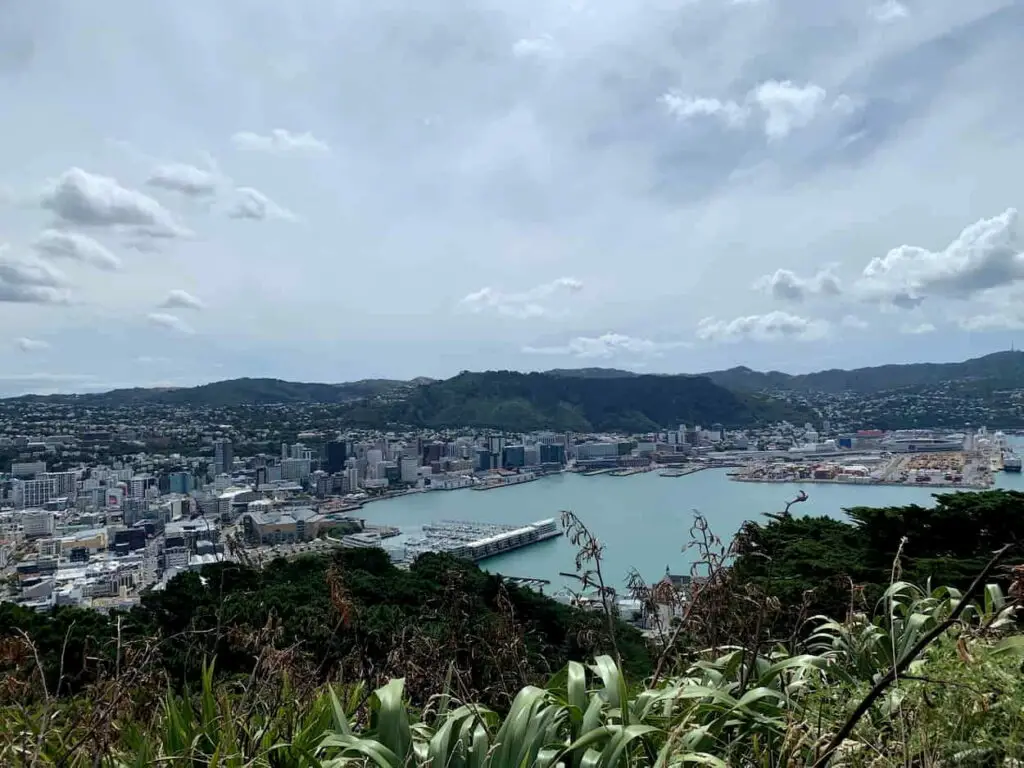
The US and New Zealand are both amazing and beautiful countries, but one is better than the other in some ways. Here are some perks that you will enjoy if you move to New Zealand:
- It costs 21% less to live in New Zealand (1,684 USD) than in the United States (2,131 USD).
- They offer great work opportunities since their economy is booming.
- NZ also offers a higher minimum wage. The minimum wage in the country is almost double that of the US (22.70 NZD or 14 USD).
- One of the major selling points of New Zealand is its beauty. There are beautiful natural sceneries and animals native to the area, like the kiwi and penguin.
Moving to New Zealand as a retired US citizen
You can live permanently in New Zealand as a retiree under several visa programs tailored for retirement migrants.
The most popular immigration policy, the Skilled Migrant Category, has a 56-year age limit and involves employment in New Zealand. Still, older migrants and migrants who do not wish to work have options.
The best visa option for you will depend on whether you plan to stay in New Zealand permanently or temporarily, and whether you have children there.
Here are the two retirement categories that you may get:
1. The Parent Category – a genuine residence category and
2. The Temporary Retirement Category – an extended visitor visa

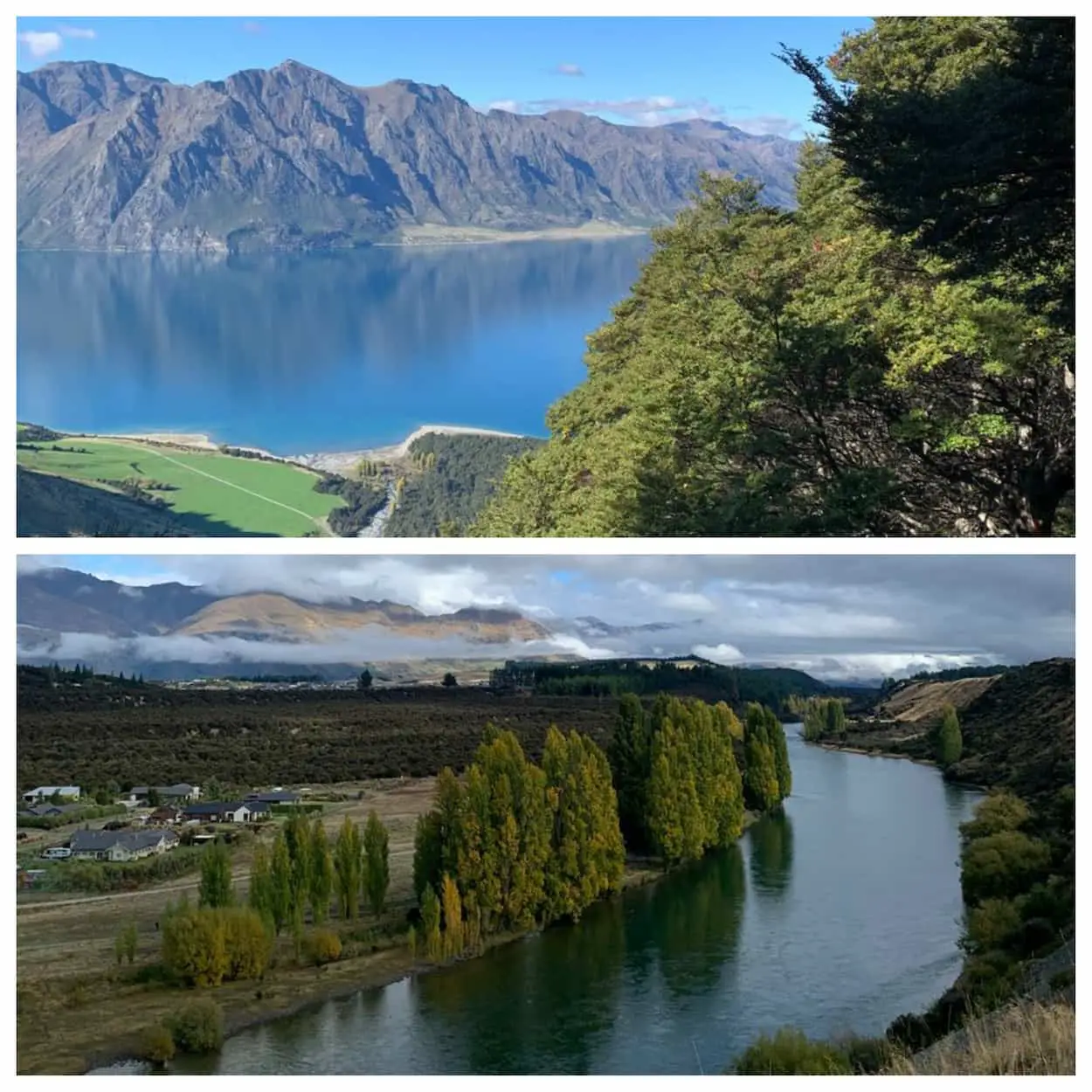
![Pros and Cons of Living in Dunedin, New Zealand [2024]](https://simplenewzealand.com/wp-content/uploads/2023/06/new-zealand-4838951_1280-1-768x578.jpg)

![Best Cities For Job Opportunities in New Zealand [2024]: Attention Job Seekers](https://simplenewzealand.com/wp-content/uploads/2023/02/casey-schackow-h8wTmJU4XyU-unsplash-768x512.jpg)


